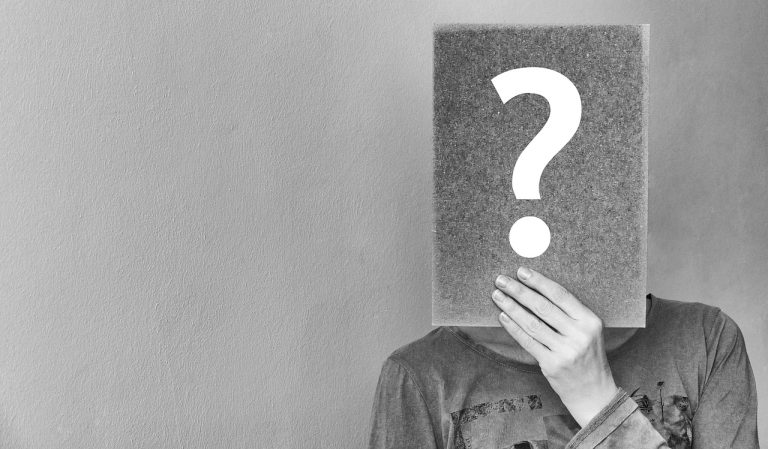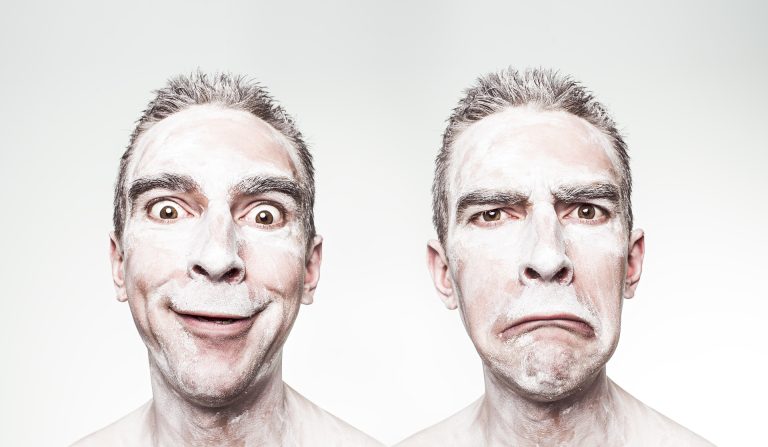In confronting my Bipolar disorder I’ve faced significant criticism that doing so has exposed family, friends and colleagues to prejudice and unwelcome questions and stigma related to my “coming out” with various ‘social deviancy’: gay, HIV+ and bipolar) which, in turn, has raised awkward and uncomfortable conversations with their and friends and colleagues.
The posts on this blog are my stories, and, frankly, it’s my own story tell. Those that are uncomfortable with their own stigma and ill informed opinions of this particular illness, bipolar, need to appreciate that this is my battle, my struggle, and frankly is my cry for support for the international bipolar community. It’s not my intention to blame others for my actions and nor is it a cross that others should feel they need to carry.
Those near and dear to me that take exception to these posts are evidence that they need to confront their own stigmas. These are my stories and the primary reason I them share are, selfishly, my way of confronting and processing a diagnosis that is misunderstood and laced with stigma that I, and I alone, need to confront.
And, if someone out there reads something here that helps them though the day then I’ve achieved more than I’d hoped to.
These stories are mine alone and, frankly, are not intended to protect, or justify the stigma others have of this illness. I’m owning this disease. Anyone who feels otherwise should set aside their own insecurities and be inspired to confront this affliction and assist all of us by helping de-stigmatize this misunderstood illness.
TL;DR: It’s not about you.
Madeline Jaekle captures the struggle of sharing a BP diagnosis, and I share it now, with permission from the author. The full account appears here: reproduced below:
In some arenas I tell my story brazenly and unforgivingly. I am able to tell my story, the intricacies of my identity, my struggle, and my illness without a second thought. However, often during those instances of newly burgeoning relationships, during the excitement, and romance of learning to know and love a stranger romantically or otherwise, I forget to disclose the illness that has largely dictated every instance of chaos in my life.
My hesitancy and tendency to just block out such a crucial piece of my identity is both deliberate and indirect. On one hand it is because my identity is more than my illness and I will not let that overshadow my person. On the other, it’s less a sense of shame and rather a sense of dread of having to present my story in a way that is nonthreatening and digestible. This includes emphasizing the ludicrous, overlooking the hallucinations and periods of psychosis, and never lying about the amount of times I’ve been institutionalized.
Besides the looming pressure to divulge my experiences in the most positive way based on my unique person, is is not easy and it takes a certain finesse and confidence to reveal your most vulnerable experiences. When telling my story it is monumentally important to relay the sequence of events in a manner that both earnestly expresses my experience while encouraging the theme of forgiveness and compassion regarding the forces beyond my control.
Being judged for a health condition beyond one’s control hurts, however, that should not impede us from using our collective voice to encourage reform and change for our community.
Of course the brass tax of each instance in which I choose to share my weakness, my illness, I have to brace myself for the possible instances in which this newfound partner or friend can choose to walk away, or can choose to use their intimate knowledge about my journey living alongside the illness to hurt me.
More and more when sharing my story and the wild ride of my manic depression over the years spanning my life I feel compelled to focus not on my own instances of heartbreak and trauma, but rather the way in which my personal traumas are reflected within the community as a whole. I am less concerned with how personally detrimental it was being processed through the ER or being turned away because of lack of beds, but rather how those experiences negatively affect individuals who have a weaker support system or less hope for success in spite of their illness. In short how these experiences of trauma and substandard care are commonplace for those living alongside mental illness.
I believe it is a common sentiment among advocates and individuals in recovery to champion their stories not for personal accolades, but to shatter stigma and misinformation. It is not surprising that sharing my story to a large audience is easier than to an individual, yet at this point in my struggle I understand that openly sharing my journey may be one of the most pivotal ways to combat the negative views and stereotypes regarding mental illness.
Due to my experiences, there is always an underlying fear that one day I’ll be forcibly sent to an institution based on my medical records and the advice of someone of higher authority. Although this is possibly an irrational fear on some levels, it could happen. With medical records as extensive as mine, I instinctively feel the need to protect myself through appearances. If I am pretty enough, put together enough, articulate enough, my mental illness is less identifiable and in some way I feel safer. Yet is it fair just for someone to have to live their life compensating for a past health crisis? The answer is clearly no, yet it is foolish to think that life is easier if one doesn’t at least partially conform their public identity to a non-threatening persona. I am in no way suggesting any individual adjust their person to accommodate the masses, but rather I am hoping to emphasize how the effects of the illness reach far beyond the instances of crises and those private moments of recovery. How the illness affects your life touches upon each sector and the ways to mediate how the illness touches your life can be trying, yet seemingly necessary.
Ultimately sharing our story is powerful and in the words of Dr. Seuss: “Those who mind don’t matter and those who matter don’t mind.” Being judged for a health condition beyond one’s control hurts, however, that should not impede us from using our collective voice to encourage reform and change for our community.




